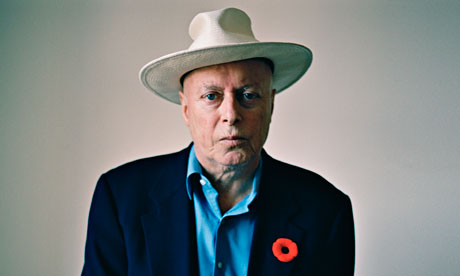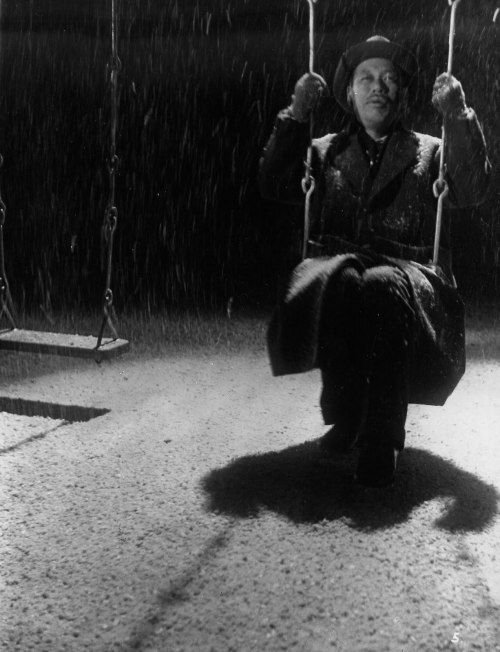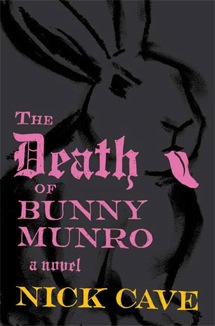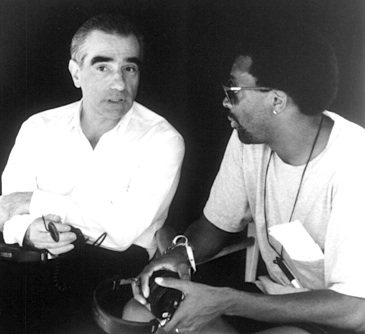Hitch 22, Christopher Hitchens
2010. Memoir. Because of the critical success of Hitchens’ last published book and bestseller “God is not Great” (a cheeky take on the Islamic slogan “Allahu Akbar”) it would be easy in a review of Hitch 22 to brood over Hitchens’ aggressive public atheism, but his latest offering simply can’t and shouldn’t be reduced to that.
Nor should it be summarized as Hitchens’ attempt to sum up the minutia of his personal life in words. It’s not much of a tell-all bleeding-heart memoir–big-hearted as the man may be (I’ll go to the mat to argue that “big-heartedness” is one of Hitchens’ most distinguishing and appealing characteristics.). He hardly even scratches the surface on subjects such as his two marriages, or his children, or his contentious relationship with his famous evangelical brother Peter Hitchens. You get the feeling that he does this not in order to hide anything of which he is ashamed, but out of a sensitive respect for their privacy.
What Hitch 22 does accomplish is to offer a stylish and lively sweep of 20th century history as it relates to politics, literature, and culture. To be sure, there are several personally intimate passages with a lucid eye to his early childhood and the complicated relationship he shared with his Jewish mother and his British military father, and some harrowing accounts of his boarding school experience. But on the whole, the only thing personal about it is Hitchens as narrator, a man who has shared drinks with everyone from Hugo Chavez to Jorge Luis Borges. When he comments on these men and countless others, for good or ill, you truly get the sense that you’re getting an insider’s perspective from a first rate journalist. Having finished the book, one feels an excitement and responsibility to read and research so many works, events, and figures. A late chapter in the book, on the author’s affectionate friendship with Edward Said, was particularly memorable and penetrating.








